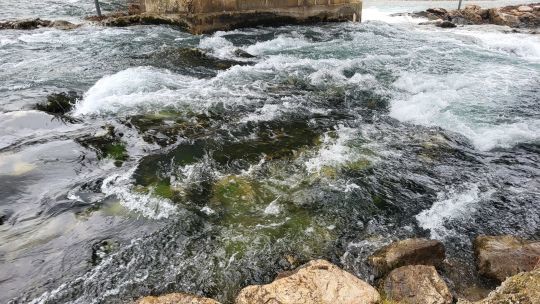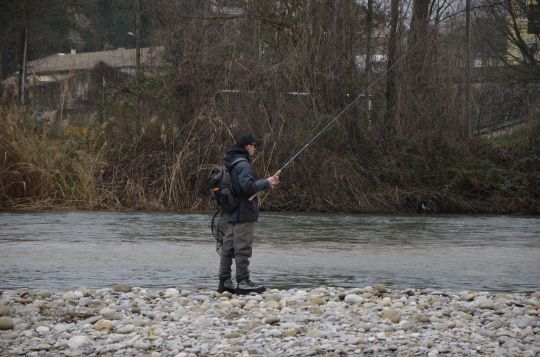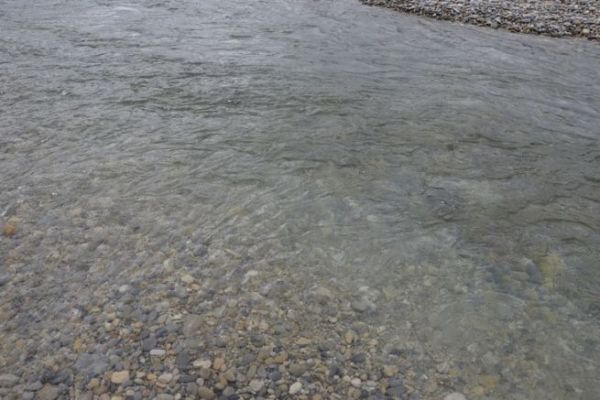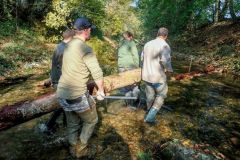Alarming conclusions
This analysis note sounds the alarm that, in the absence of radical changes, 88% of the French territory could experience moderate to severe water stress by the summer of 2050, with an accentuation in the south-west and south-east regions, areas that are particularly vulnerable due to heavy irrigation practices and high evapotranspiration.
The study is based on a model of 40 watersheds, comparing future water demand with potential available resources. It shows that, as things stand, demand for water, particularly for agricultural irrigation, will only increase with climate change, exacerbating the shortage. Even in a breakthrough scenario, aiming for maximum sobriety, 64% of the territory would continue to be under pressure, underlining the inadequacy of current management policies.
The main conclusions are that the deterioration of water resources will be exacerbated by rising temperatures, which increase evaporation, and by changes in precipitation patterns. This situation is likely to lead to a drastic reduction in river flows, weakening both ecosystems and human uses, with the risk of conflicts of use, particularly in the South-West, where water management is becoming critical.

Taking action today
To counter this trend, the report stresses the need for proactive planning today, including strict irrigation regulation, the development of agro-ecological practices, the restoration of natural environments to strengthen ecosystem resilience, and the implementation of water sobriety in all sectors. It also calls for a profound rethink of the agricultural model, supporting farming that is less dependent on irrigation and more resilient in the face of increasing drought, by integrating resistant crops and adopting optimized management practices.
Three scenarios
Three prospective scenarios are studied: maintaining current practices, a transition to sober and innovative management, and a breakthrough scenario based on radical sobriety, the only one capable of limiting growth in water consumption. Priority is given to the sobriety scenario, the only one capable of averting a massive water collapse, by implementing a revolution in the management of uses, particularly in agriculture, the most vulnerable sector and one that generates tensions.
Finally, the note recommends the regular holding of a national debate involving citizens, economic players and institutions to discuss the necessary reforms, accompanied by a strengthening of regulation and a radical change in behavior to preserve water resources in the face of the climate emergency.

This report is an essential step towards anticipating and mitigating future water crises, by emphasizing the urgent need for more rational and equitable water management in a context of accelerating climate change.

 /
/ 











